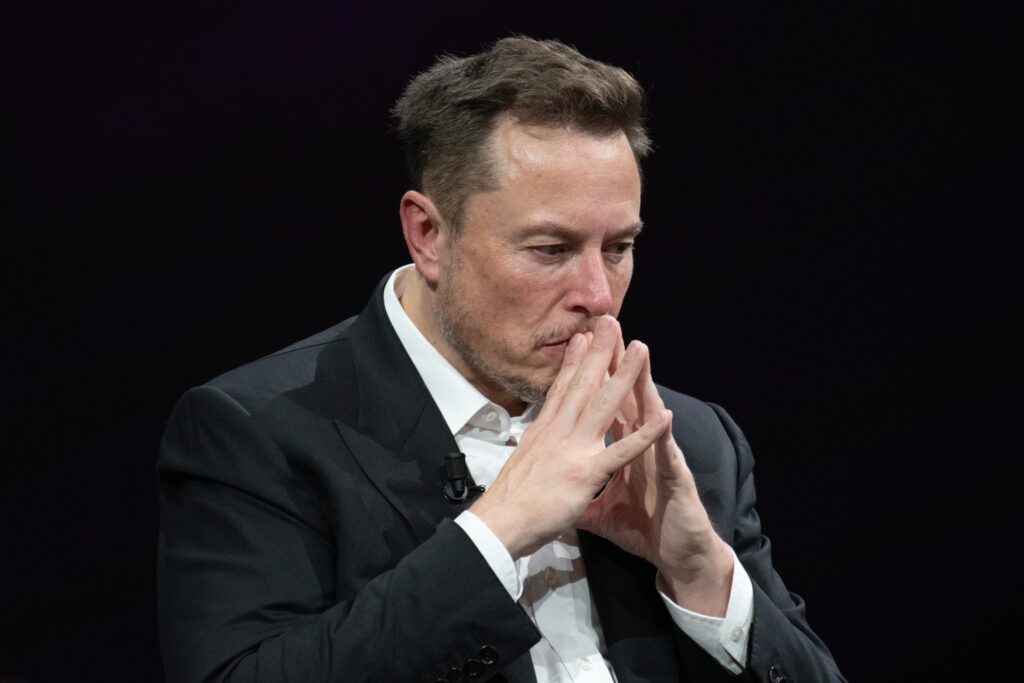A group of investors, led by Elon Musk, has offered $97.4 billion to buy OpenAI, the company behind ChatGPT. Marc Toberoff, Musk’s attorney, confirmed that they submitted the offer to OpenAI’s board on Monday. The bid seeks to take control of all company assets.
This move is the latest chapter in the rivalry between Musk and OpenAI’s CEO, Sam Altman. Musk, the world’s richest man and a top advisor to U.S. President Donald Trump, wants to shape OpenAI’s future. However, Altman quickly rejected the bid. He responded on Musk’s social media platform X, saying, “No thank you, but we will buy Twitter for $9.74 billion if you want.”
Musk and Altman’s Ongoing Conflict
OpenAI played a major role in bringing artificial intelligence (AI) to the public, leading to massive investments in the field. Musk and Altman co-founded OpenAI in 2015 as a nonprofit organization. But Musk left in 2018, and their relationship has worsened since.
Recently, Altman has worked to change OpenAI into a for-profit company, replacing its nonprofit board. Musk claims this move goes against the company’s original mission to serve humanity.
OpenAI, however, defends the change. The company says that making a profit is necessary to fund AI development. Musk’s group, which includes his AI company xAI, Baron Capital Group, and Valor Management, supports the takeover. Musk stated, “OpenAI needs to return to its roots as a safety-focused, open-source force for good. We will ensure that happens.”
Still, some experts doubt Musk’s intentions. Tech investor Christie Pitts said, “Musk runs a competing AI company. It’s fair to ask if he truly wants OpenAI to stay nonprofit.”
Financial Battle and AI Infrastructure Plans
The $97.4 billion bid is far below OpenAI’s latest valuation of $157 billion. Reports suggest the company could be valued as high as $300 billion in new funding talks. Toberoff said Musk’s group may raise its bid if needed. He also argued that Musk, as a co-founder, is the best person to lead OpenAI’s future.
Meanwhile, OpenAI is working on expanding its AI systems. It has teamed up with Oracle, a Japanese investment firm, and an Emirati wealth fund for a project called Stargate
President Trump announced the plan at the White House, calling it “the largest AI infrastructure project in history.” The goal is to invest $500 billion in U.S. AI development.
Musk, despite his role as a top Trump advisor, claimed that the project lacks the funds it promised. He did not provide evidence for his statement.
With OpenAI rejecting Musk’s bid, it remains unclear if his group will increase their offer. At the same time, OpenAI’s funding talks and infrastructure expansion show that the company is moving forward with its own vision. The AI race is far from over, and the battle for control of OpenAI could intensify in the coming months.
